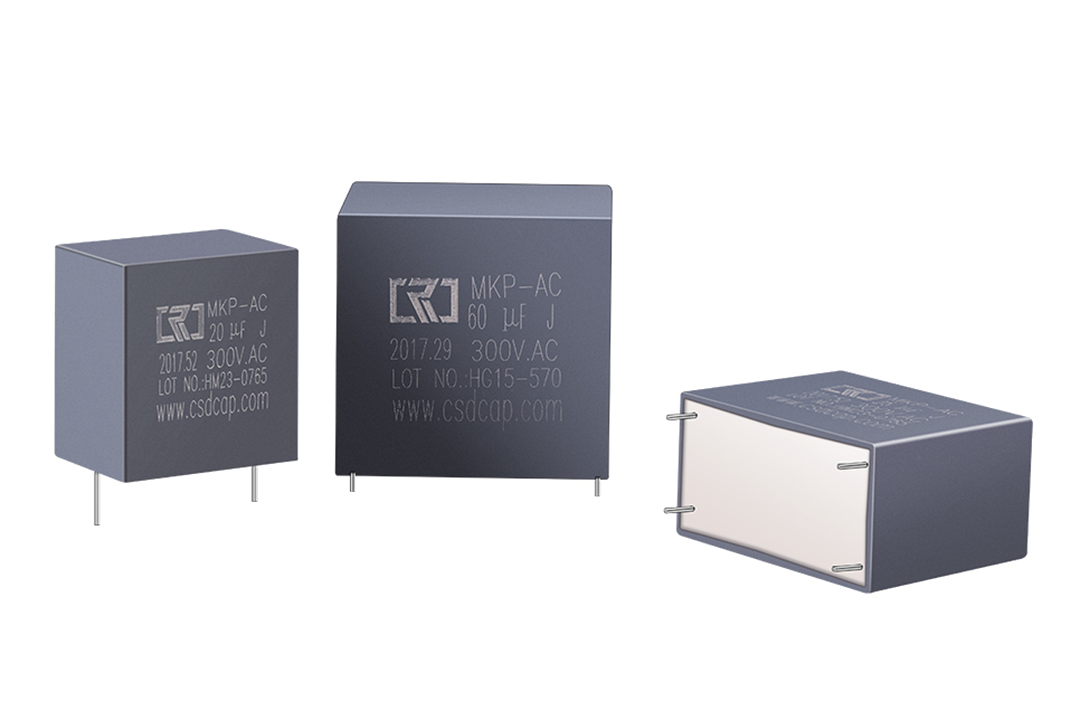AC Filter Capacitors for Power Electronics and Industrial Sector
AC-Filter Capacitors
|
Model |
GB/T 17702-2013 |
IEC61071-2017 |
200~450V.AC |
-40~105℃ |
|
1 ~50 μF |
|
|
|
Features |
High withstanding voltage capability, low dissipation. |
|
|
High pulse current capability. | ||
|
High dv/dt strengh. | ||
|
Applications |
Widely used in power electronics equipment for AC filtering. |
|
Application Scenario
MKP-AC-Filter capacitors are ideal for AC filtering in power electronics equipment and industrial sectors. With their high withstand voltage, low losses, high pulse current and high dv/dt durability, they provide a reliable and effective solution for demanding applications. By choosing MKP-AC-Filter capacitors, industries can ensure optimal performance and service life of their power electronics equipment, thereby helping to improve overall operational efficiency and save costs.
Electrical Characteristics of Film Capacitor
1. Lifetime Expectancy
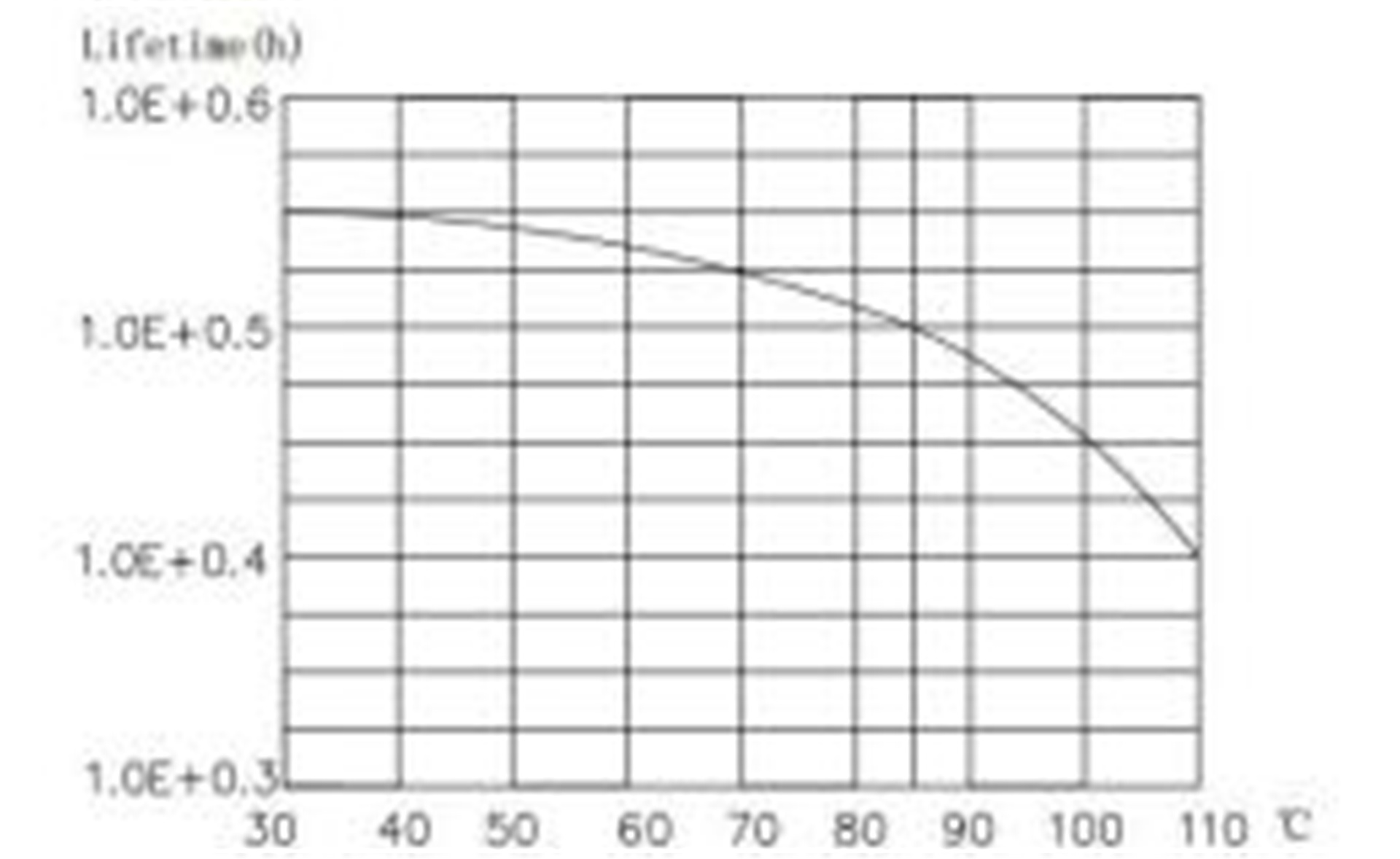
Lifetime expectancy vs. Charging temperature
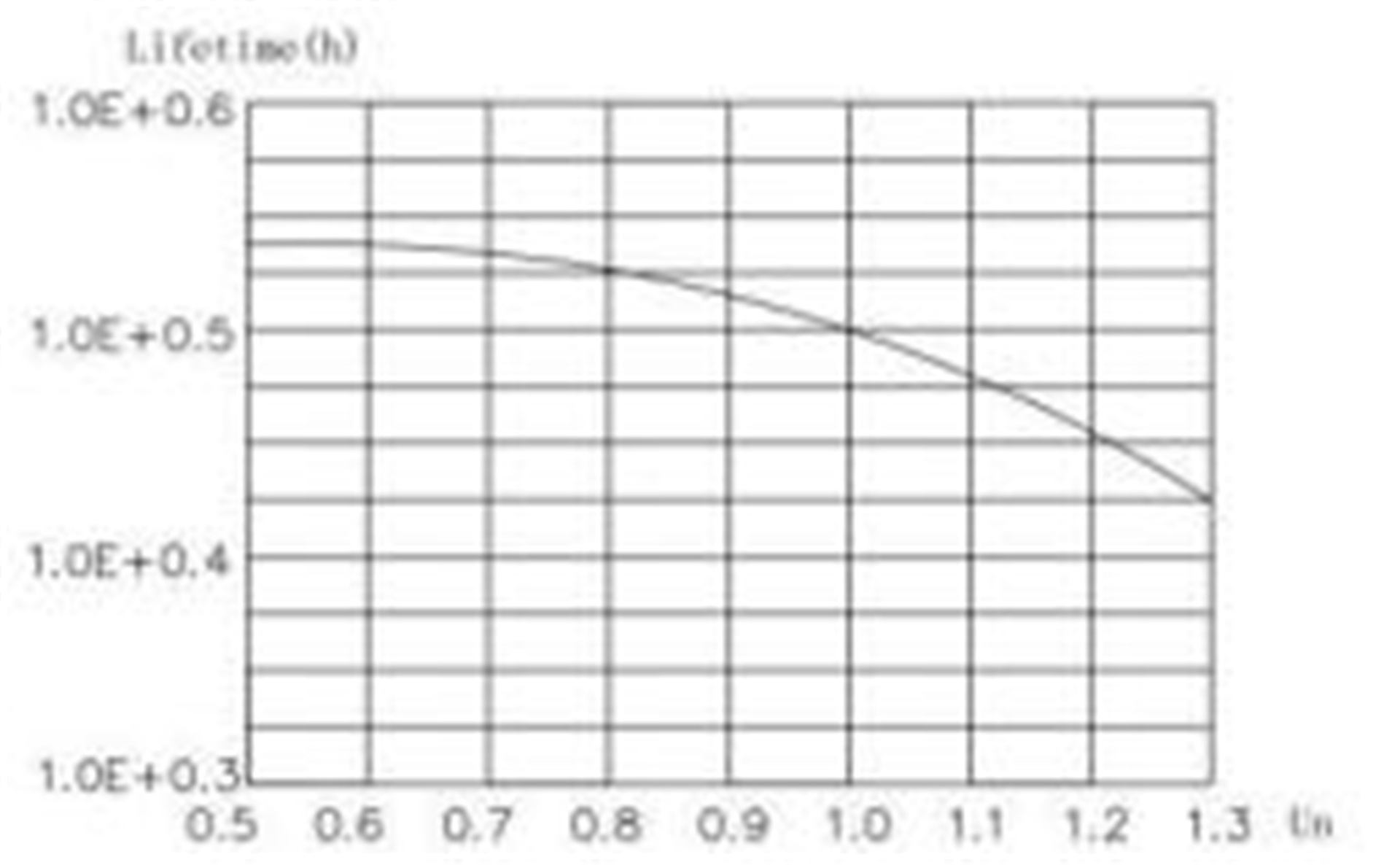
Lifetime expectancy VS. Charging voltage
2. Temperature Characteristics
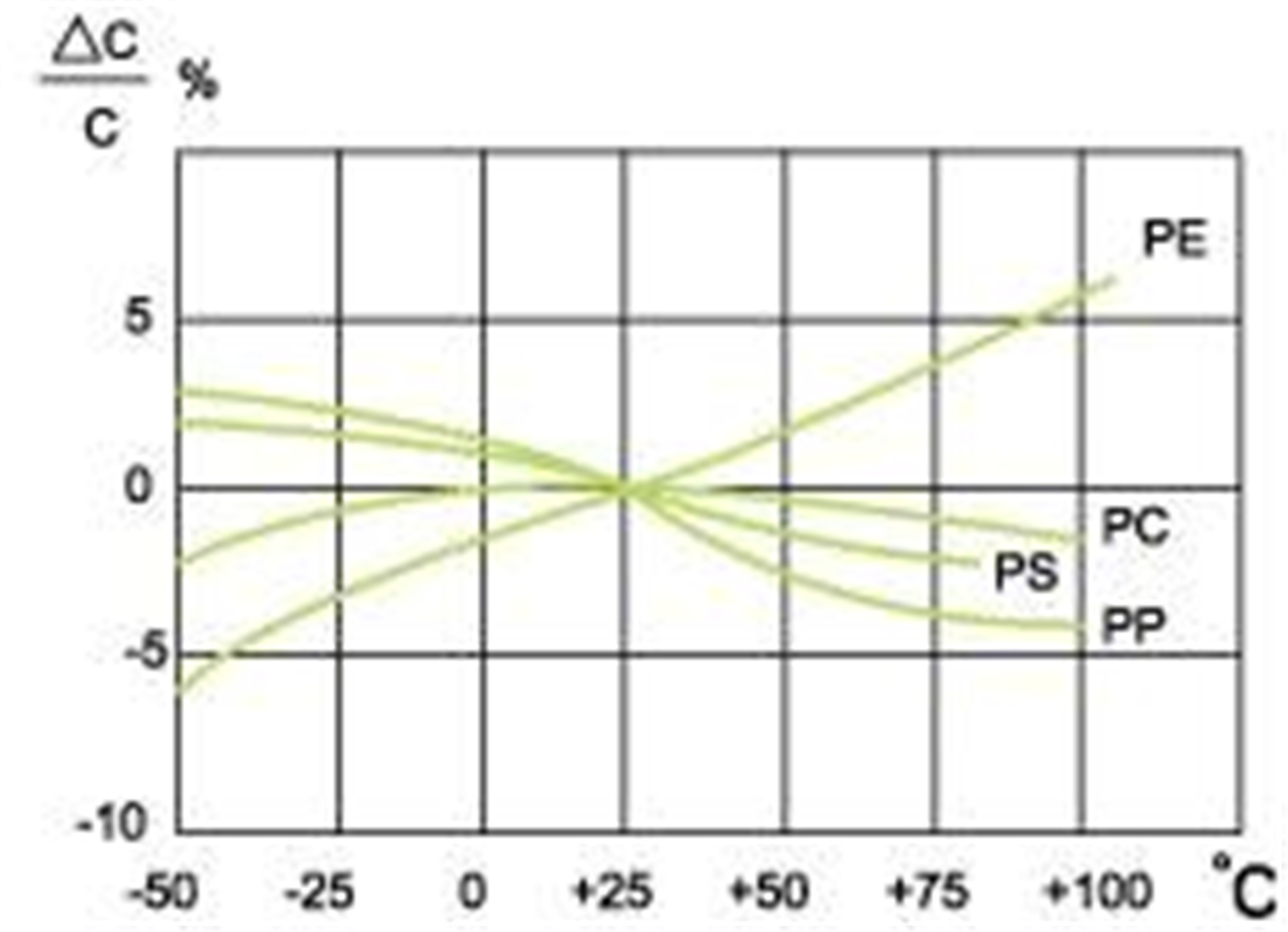
Capacitance change rate vs. Temperature
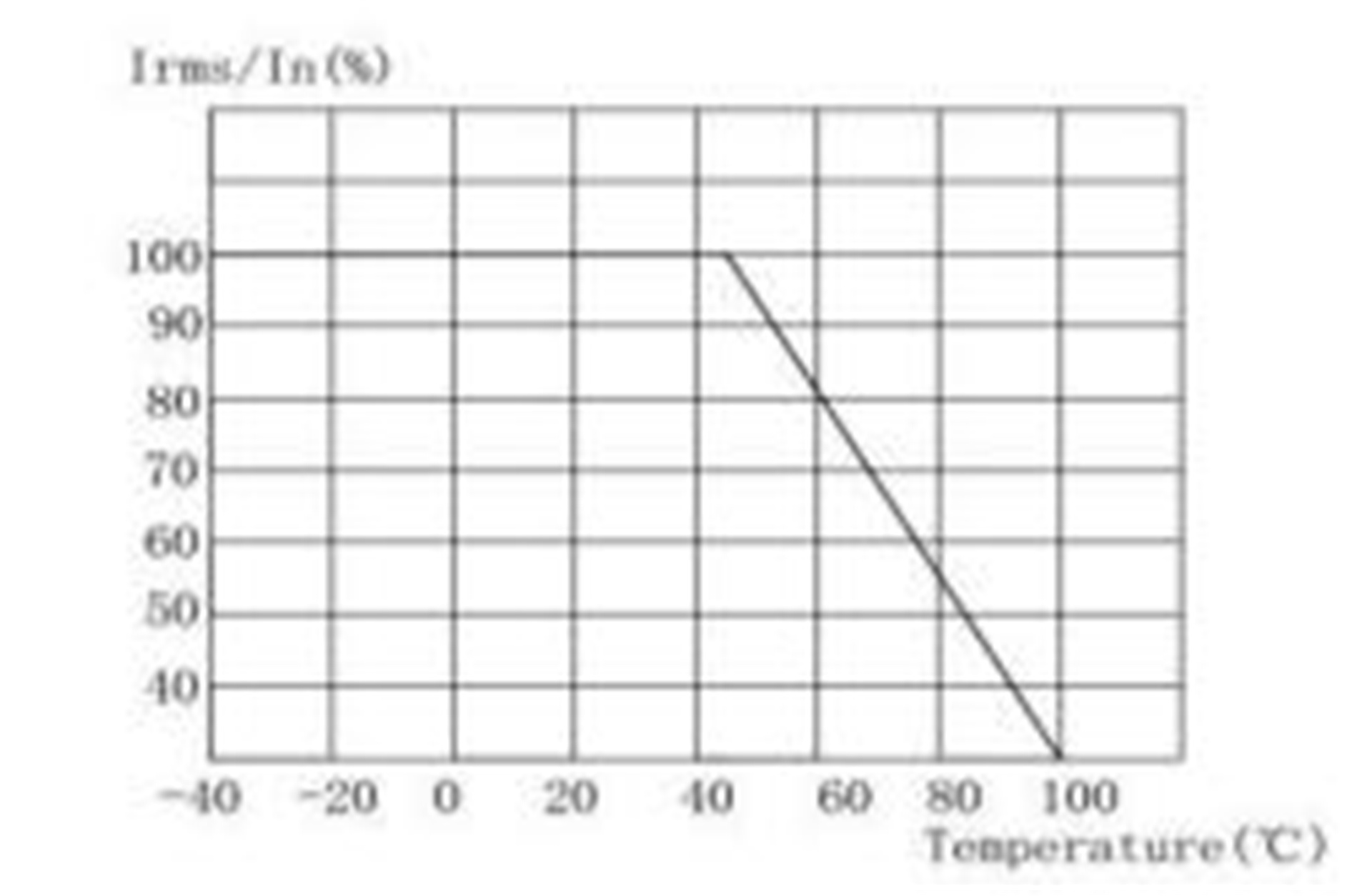
Operating current vs. Temperature
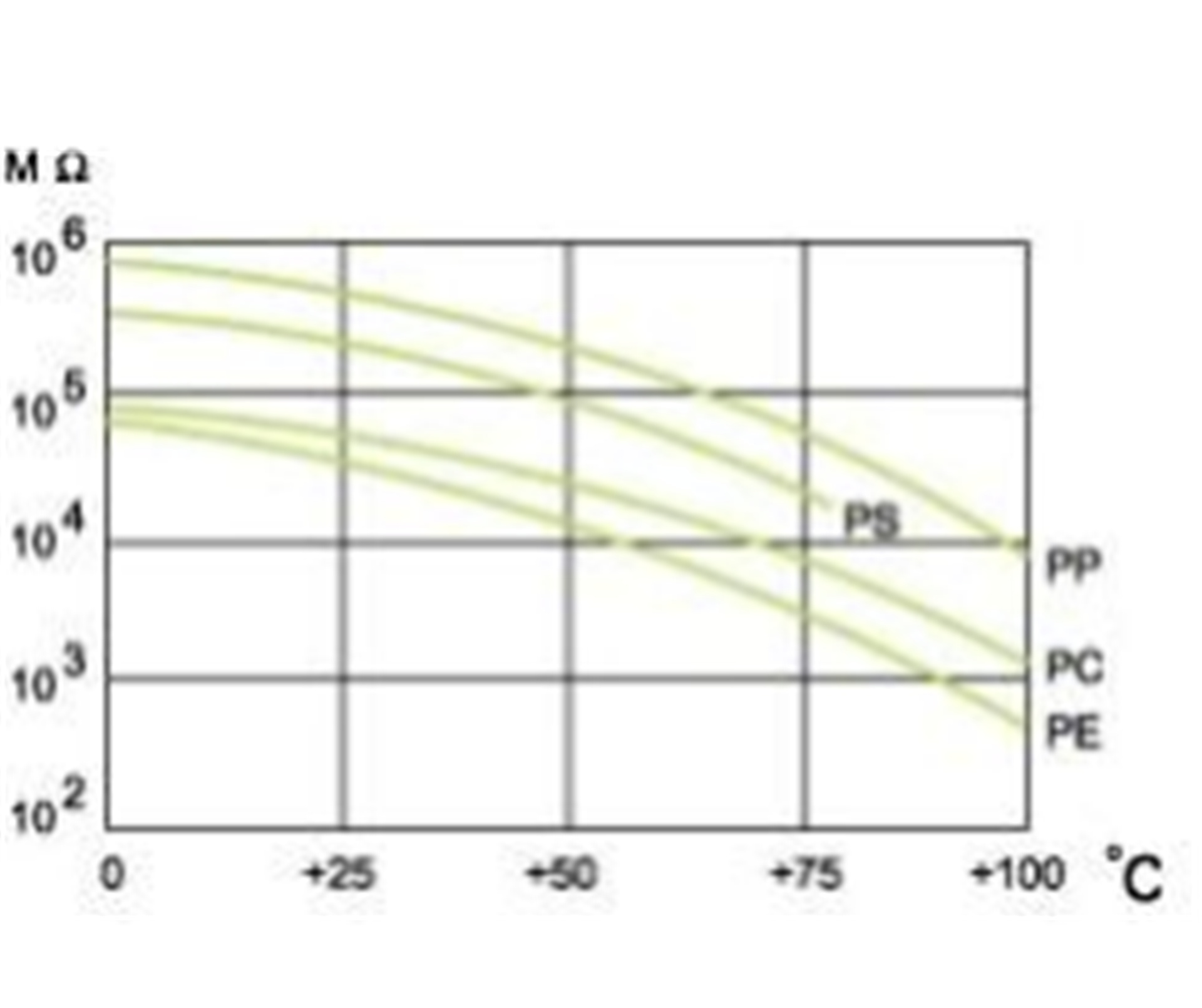
Operating voltage vs. Temperature
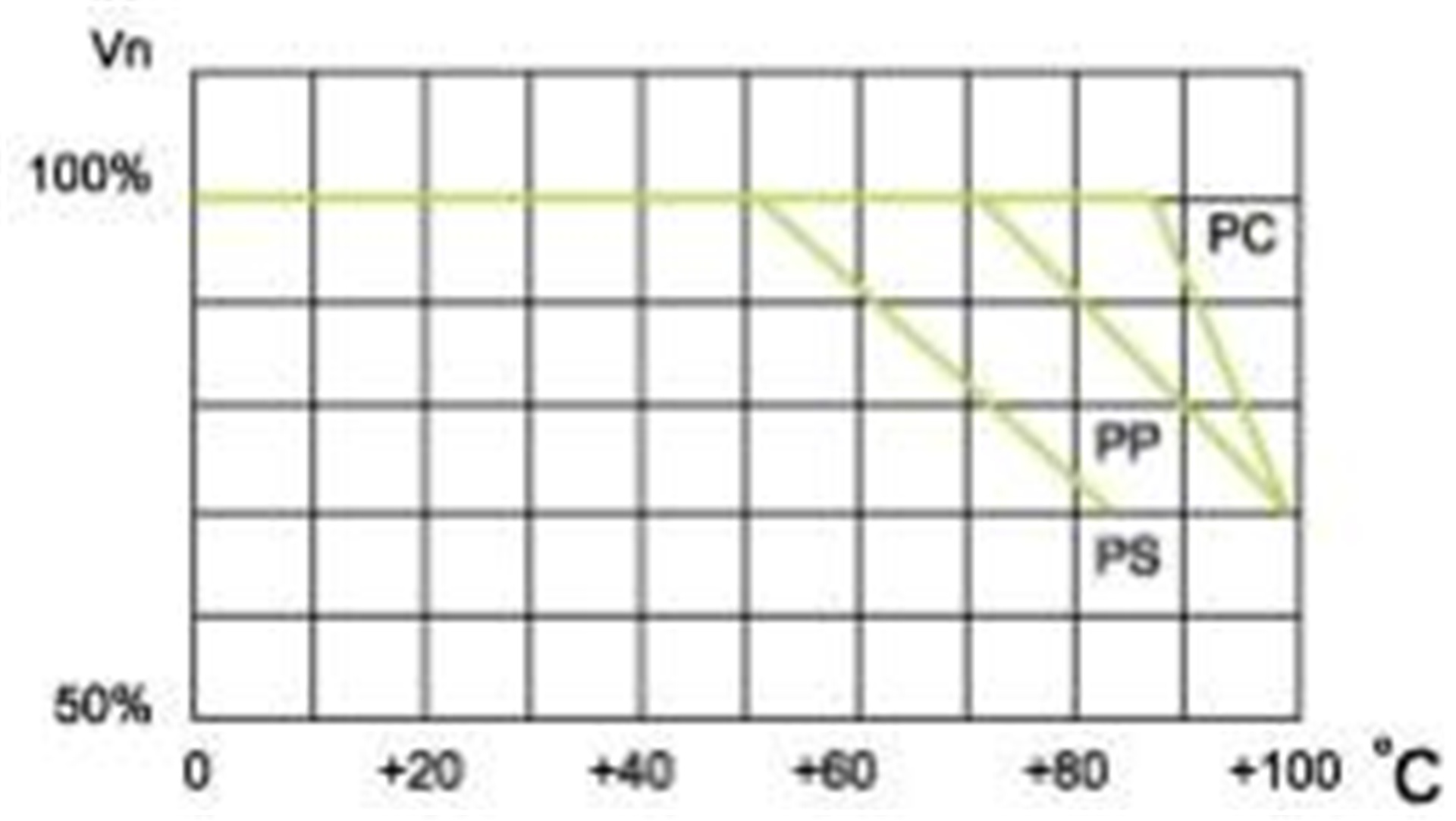
(CR value) IR vs. Temperature
3. Frequency Characteristics
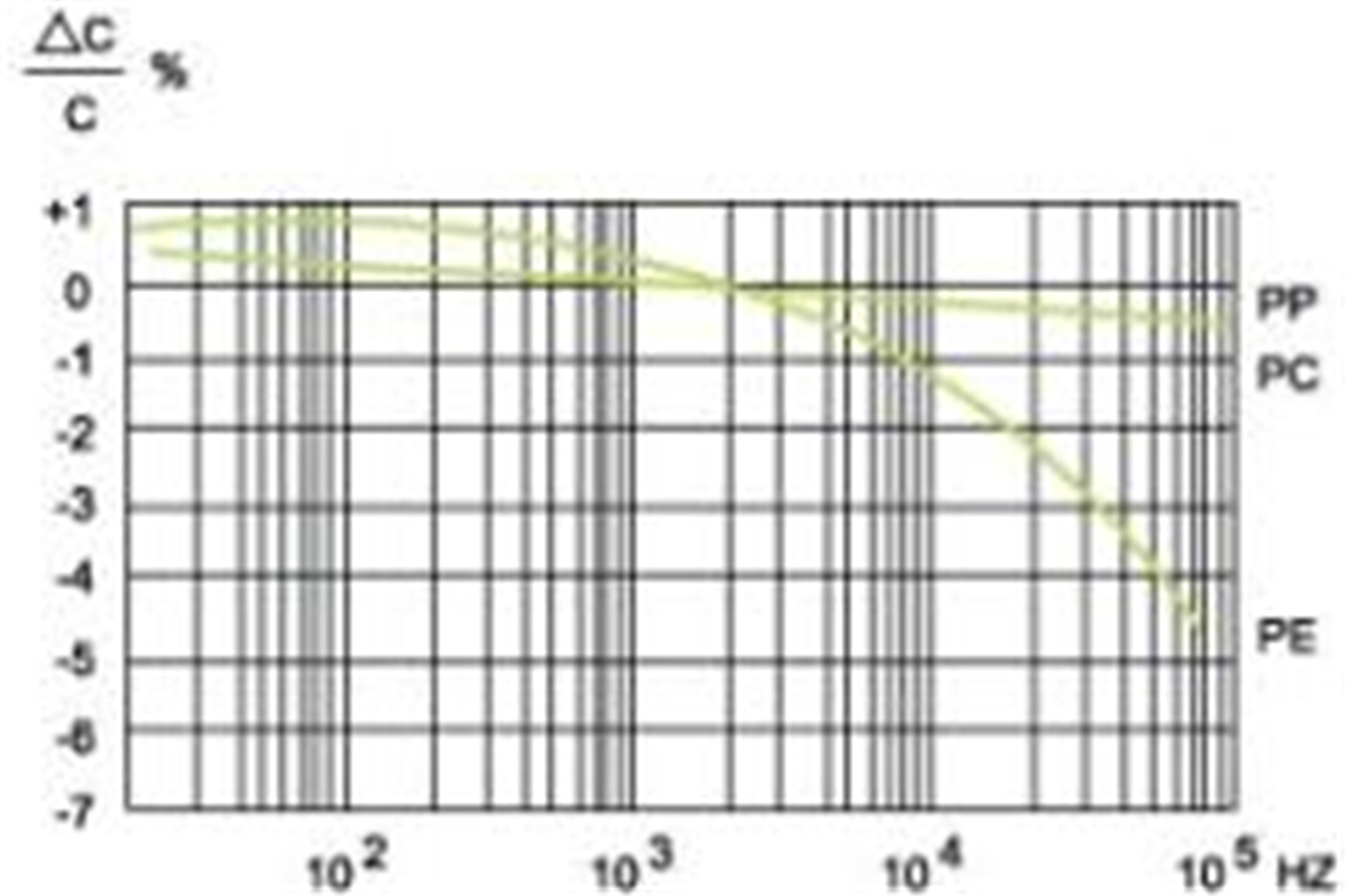
Capacitance change rate vs. Frequency
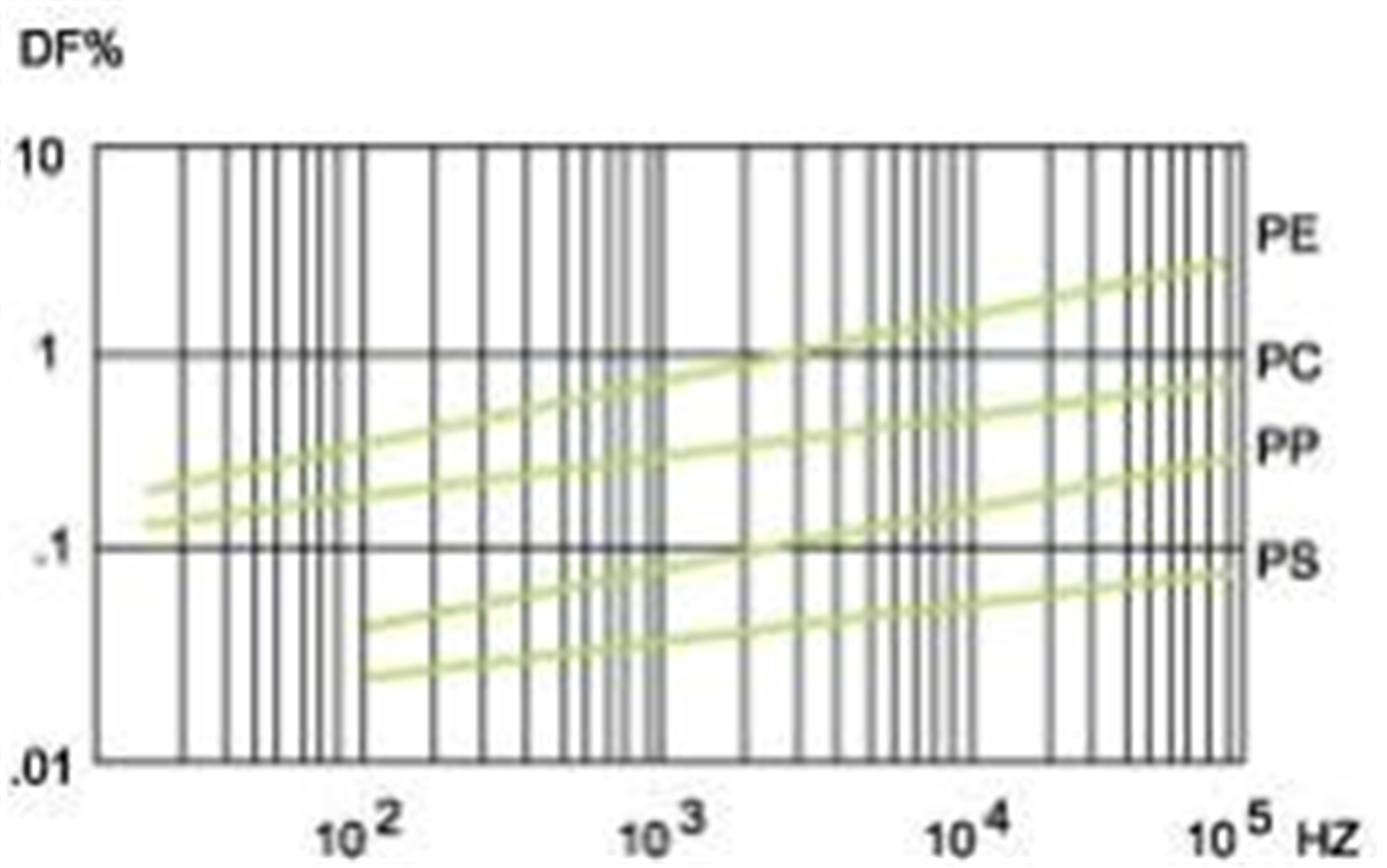
Dissipation factor vs. Frequency


